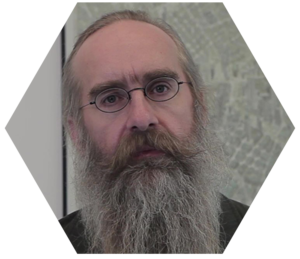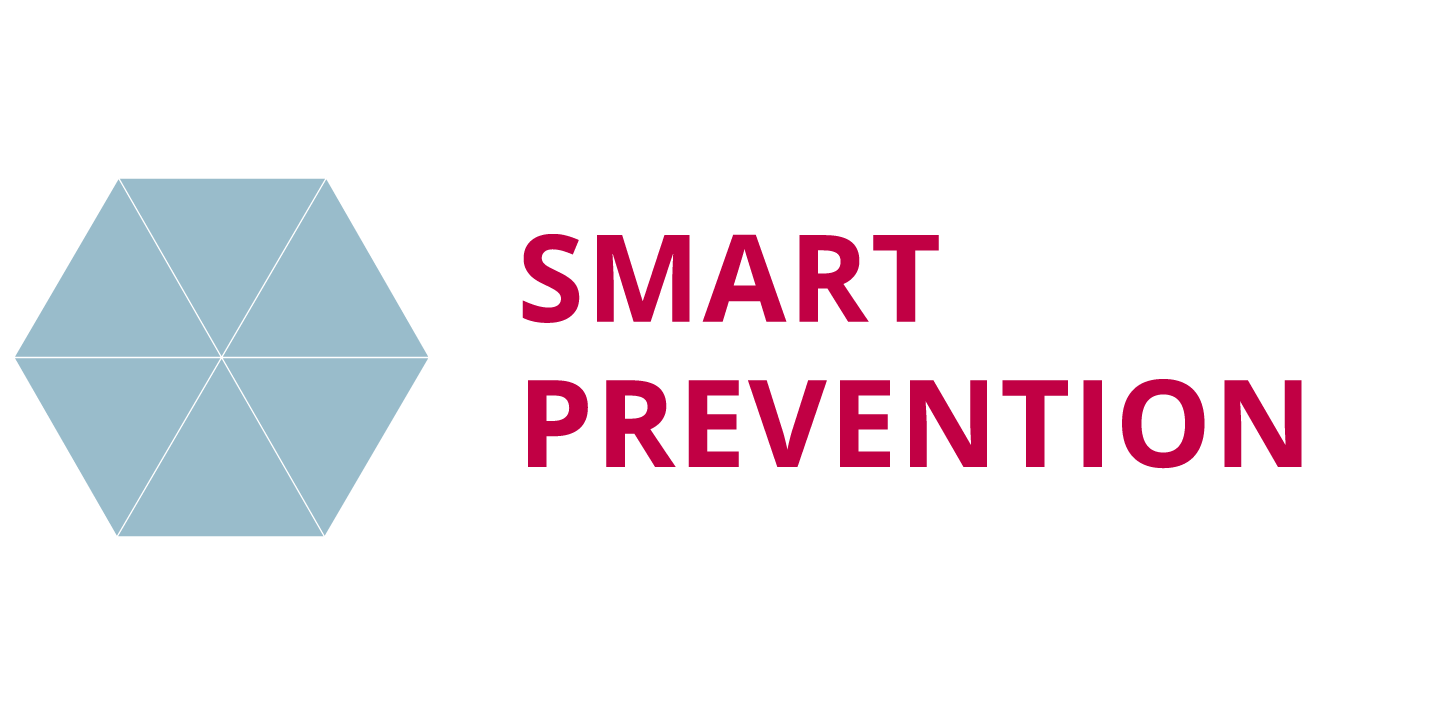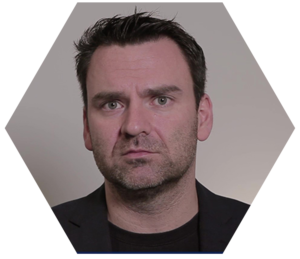- Criminology / Vision / Prof. Dr. Bernd Belina
Prof. Dr. Bernd Belina
Vision: Smart Prevention
- Belina: Phenomenon
- Belina: Threat
- Belina: Chances
For the future, what is needed above all is more education, more information about what smart technologies are and what they can do. This starts with what data goes into smart technologies that are used in the prevention sector. This is often the police crime statistics. The long debate about what police crime statistics are and can do must be taken seriously here too. There must be a knowledge of what algorithms are, how statistics work and what kind of connections are made among all those involved in the implementation of smart prevention programmes. Keywords would be Statistical Literacy, Algorithmic Literacy, Computational Literacy. And it needs knowledge about the fact that and why and also with which consequences false positives are produced again and again by these new prognosis technologies. What are false positives? False positives are not the hits where a prediction is true, but rather the hits where a prediction is made, where groups of people or rooms become the object of prevention, but it turns out that it was wrong. A very large number of these are always produced, and this goes hand in hand with the production of whole populations, that are often, regularly, constantly wrongly suspected, which of course does something to these people: it alienates them, exposes them to a feeling of being unable to act. The other thing needed is clear guidelines and directives. Guidelines on how to handle such technologies. They must be transparent and democratically verifiable, they must work openly with open data, they must not get into the hands of large corporations. In particular, sensitive data must never leave the computers of public institutions involved in prevention. Clear rules must be drawn up that can prevent abuse and also implement the rules that apply beyond the digital realm. For example, the prohibition on sharing police and secret service work, for example a sensitive way of handling data as a whole.

Prof. Dr. Bernd Belina
- Bernd Belina teaches and researches since April 2008 at the Institute of Human Geography
- He received his doctorate from the Institute of Geography at the University of Bremen and subsequently worked at the Institute of Geography at the University of Potsdam and the Leibniz Institute for Regional Geography in Leipzig.
- His main research interests are historical-geographic materialism, urban geography, political geography and critical criminology
- Phenomenon
- Threat
- Chances
- Vision






Comments